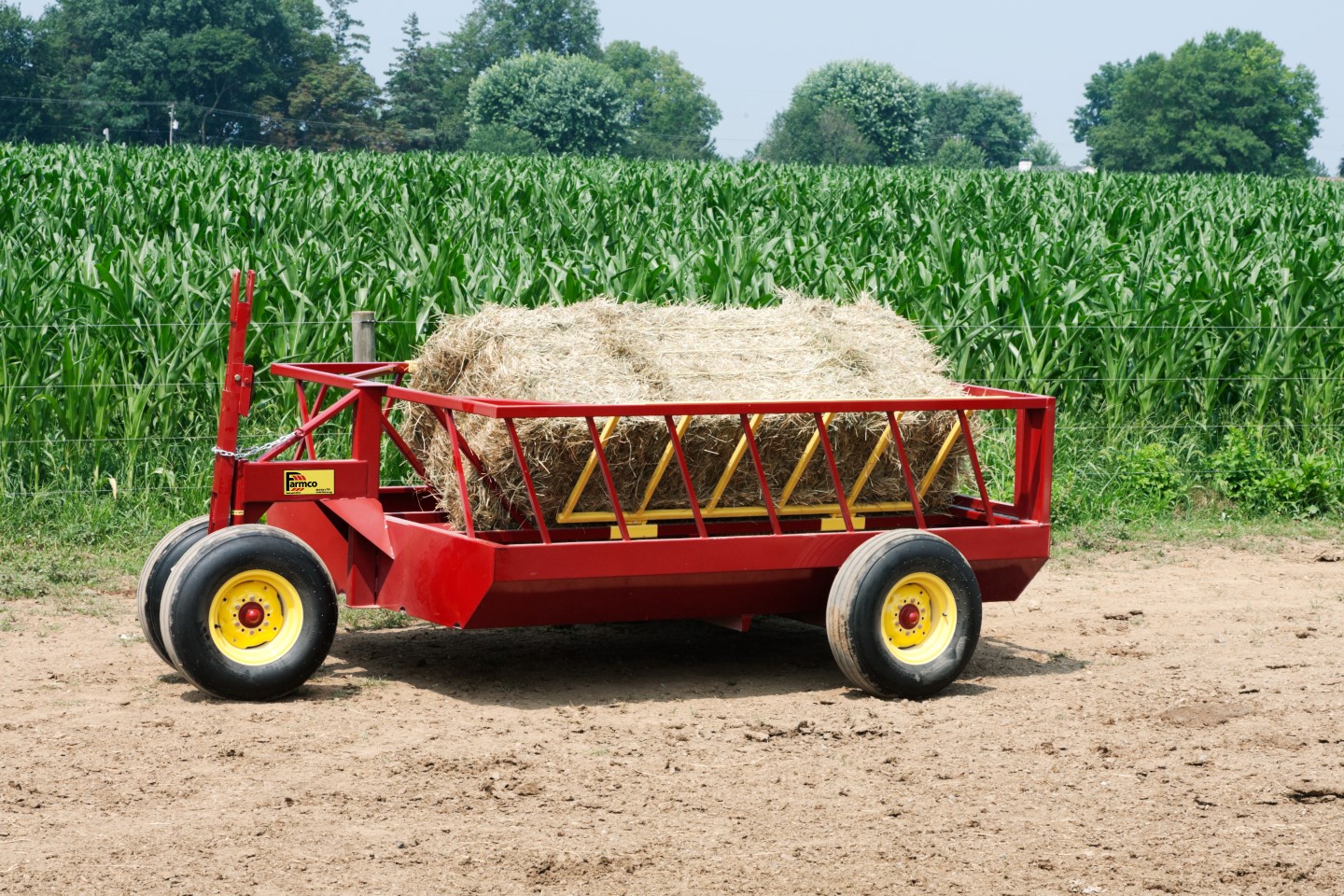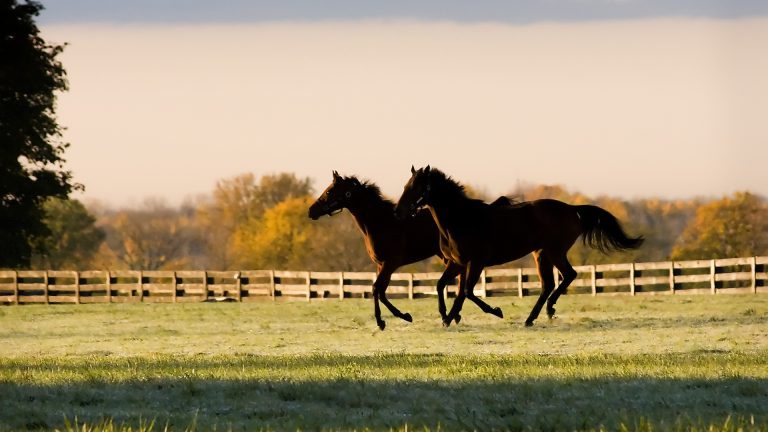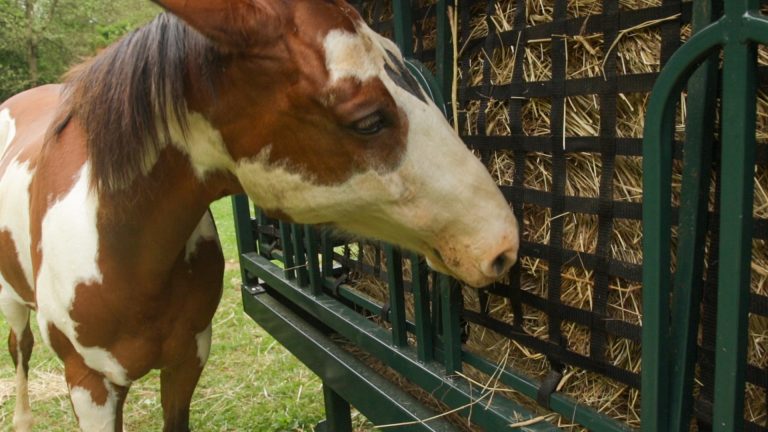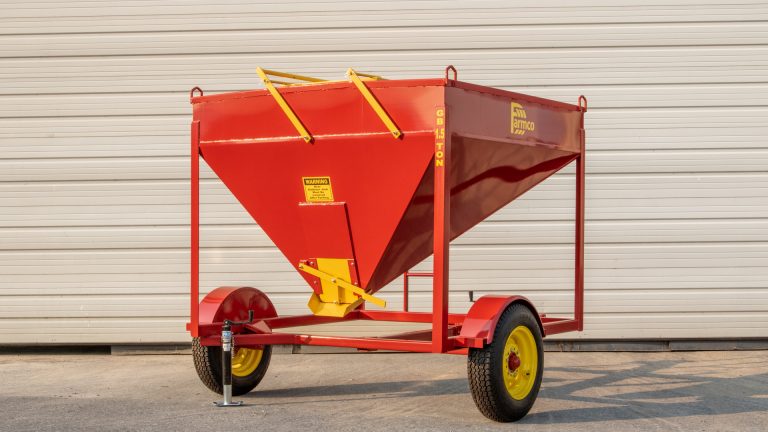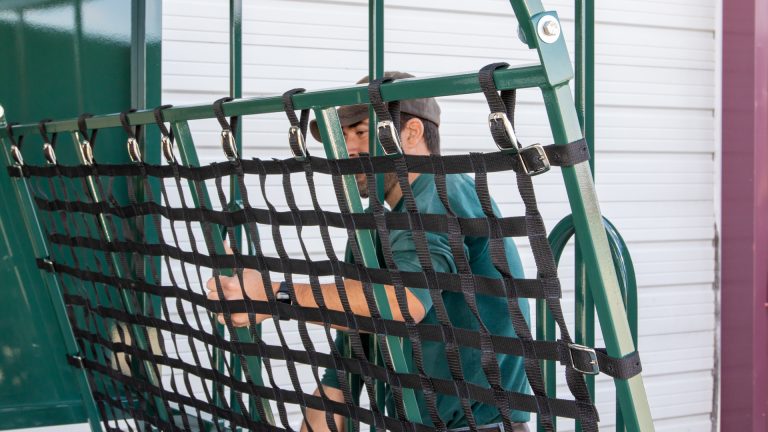As a farmer, you work hard to make a living — and you’re always watching your bottom line. When you choose an investment, you do your research because you need that investment to pay you back.
That’s the reason Farmco cattle feeders are a good match for farmers — our feeders hold their value and they’re designed to save you money.
In fact, Farmco Cattle Feeders help you save money on your farm in more ways than one. First and foremost, Farmco feeders and livestock feeding equipment reduce the amount of feed your cattle waste, reducing how much you have to pay to feed them. That’s savings you’ll appreciate year after year. Furthermore, Farmco feeders make ground feeding of hay a thing of the past, which drastically reduces wasted hay. From creep feeding calves to finishing stock cattle, our feeder can help you get the job done.
Finally, if you purchase your Farmco feeder this year, chances are you can count it as a deduction on your Federal Income Taxes. This is just another way Farmco helps farmers save and another reason why December is a popular time to buy farm equipment.
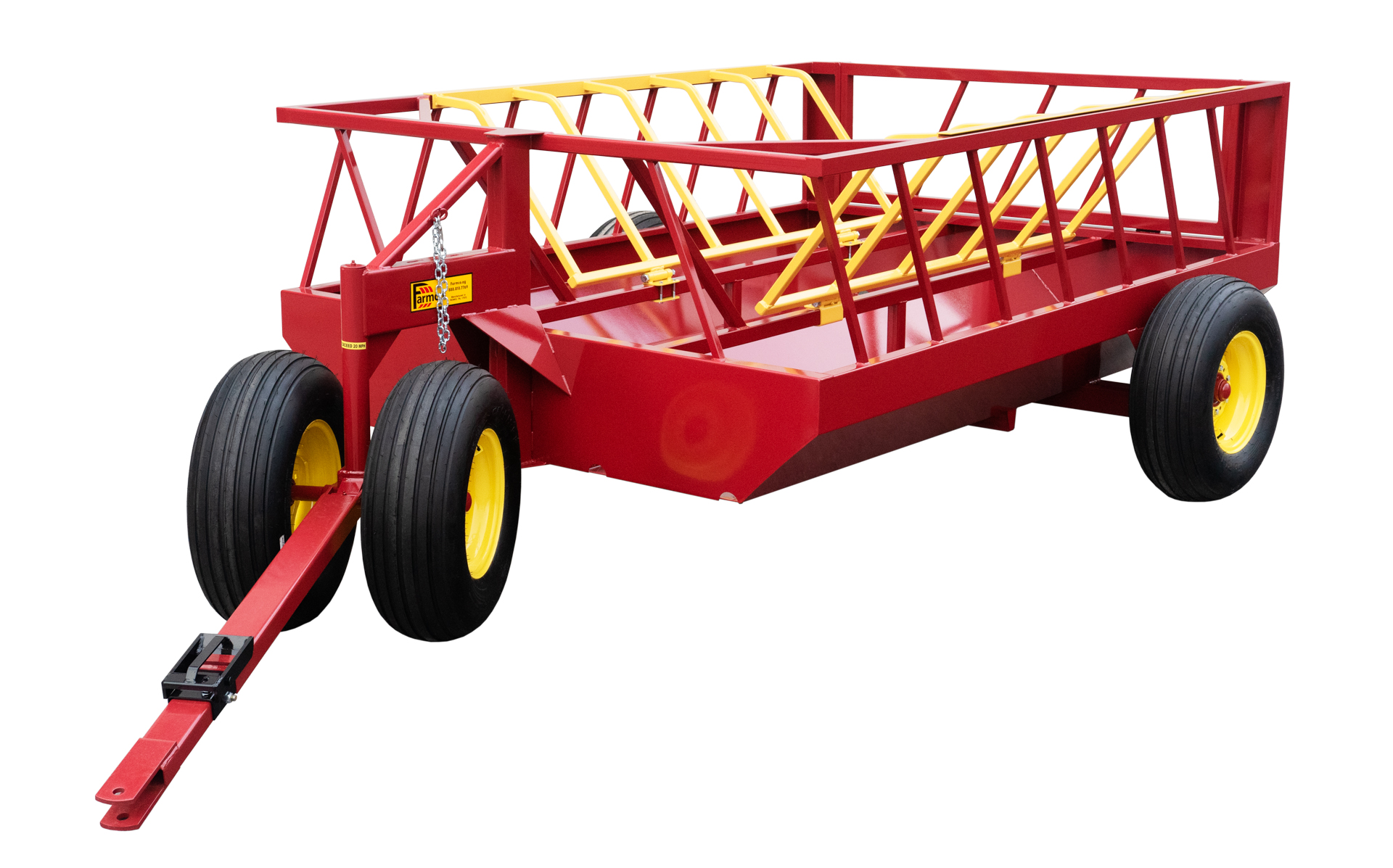
Equipment Exemptions on Your Federal Farm Income Taxes
Chances are you have a very clear idea as to what the past year’s profits from your farm look like — and what you owe in taxes as a result. Purchasing equipment during the current tax cycles is a great way to cut down on what you’ll owe for the profit you made. If that equipment just so happens to save you money for the next few decades, you win twice.
Here are a few basic requirements you need to know in order to write off your cattle feeder on your federal income taxes.
1. Maximum Deduction
The maximum deduction possible for business owners or farmers under Section 179 is $510,000 (as of 2017) — your Farmco feeder or feeders (along with your other equipment purchases) likely won’t come close to that amount.
2. Farm Classification
In addition, you need to guarantee that your operation qualifies as a farm in the eyes of the IRS. In their official documentation, the IRS defines this as: “You are in the business of farming if you cultivate, operate, or manage a farm for profit, either as owner or tenant. A farm includes livestock, dairy, poultry, fish, fruit, and truck farms. It also includes plantations, ranches, ranges, and orchards and groves.”These definitions are fairly generous. A vast majority of agricultural occupations are recognized. As a livestock or dairy farmer, you can be certain that you are covered.
3. Hobby vs. Business
The final thing you will need to consider is whether your operation is viewed as a “trade or business” or as a “hobby.” Essentially, the IRS defines a “trade or business” as a venture performed to make a living — whereas a hobby is seen as a secondary occupation that is done for entertainment. If you are a hobby farmer, however, you likely don’t have sufficient farming profits on which to pay taxes, to begin with.
Chances are you likely know how your farm should be classified. If you aren’t certain, a tax specialist with a focus in agricultural tax law can help you understand your unique situation.
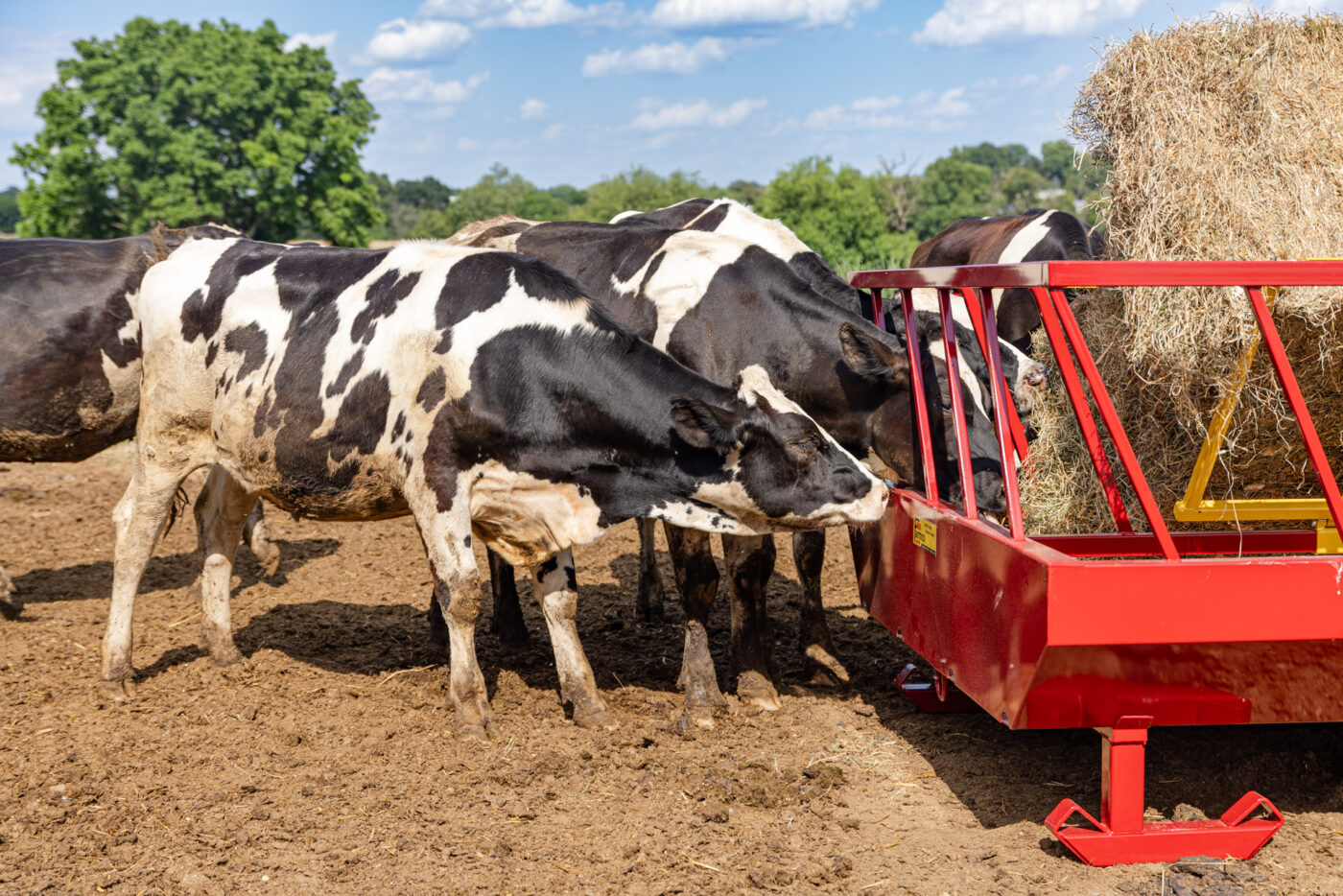
Learn More about Farmco Feeders
If you’re interested in learning more about whether a Farmco cattle feeder is right for your farm, don’t hesitate to contact us. Farmco products are sold by a large network of agricultural equipment dealer and are shipped nationwide. We’d love to help you find the perfect feeders or equipment for your farm!
note: all tax information is presented as a general resource — not as professional advice. Consult with a tax professional for guidance specific to your farm or financial situation.

